We’ve all had that colleague at some point in our careers who constantly gets under our skin. They come in many forms: the chronic credit stealer, the passive-aggressive small talker, or the one who somehow always forgets to clean the toilet after dropping a messy b**b in the office bathroom.
We try to stay professional, take the h**h road, maybe even k**l them with kindness, but if they don’t change, eventually we’re just done. What happens then? Depends on our pettiness level.
However, in response to a person on X (formerly Twitter) asking for the most unhinged methods to shut down those energy vampires, workers put forward a lot of interesting ideas for when HR isn’t looking.
#1
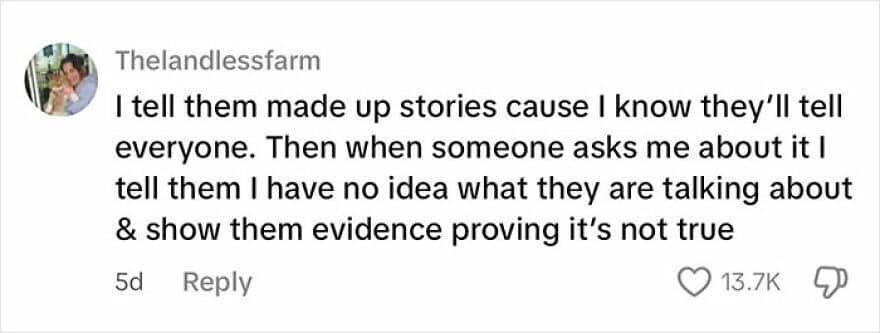
#2
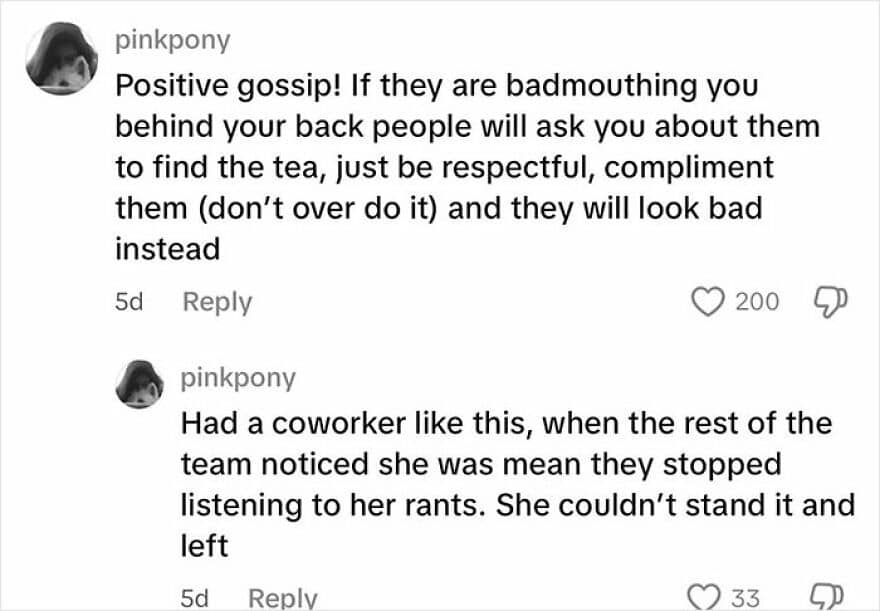
To learn just how important our relationships at work are, we contacted Jasmine Escalera, career expert atMyPerfectResume, a platform that provides useful tools and expert advice for job seekers.
“Coworkers play a major role in our overall job satisfaction, and according to a survey byMyPerfectResume, 73% of workers believe that workplace friendships boost collaboration, job satisfaction, and productivity,” she toldWe.
Escalera said having strong relationships at work helps employees and teams feel more connected, supported, and motivated. “When you’re working alongside people you enjoy being around, it’s easier to collaborate, communicate, and navigate challenges.”
#3
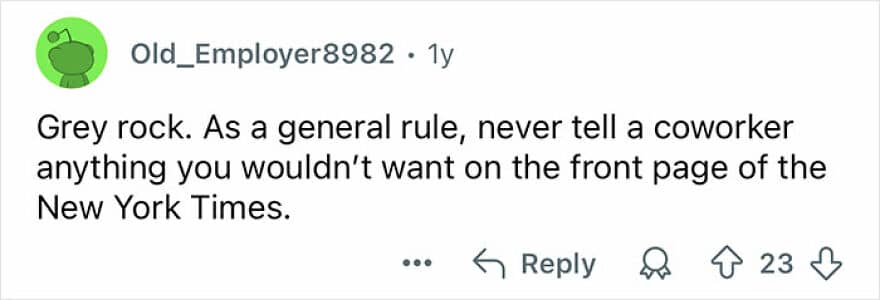
#4

#5
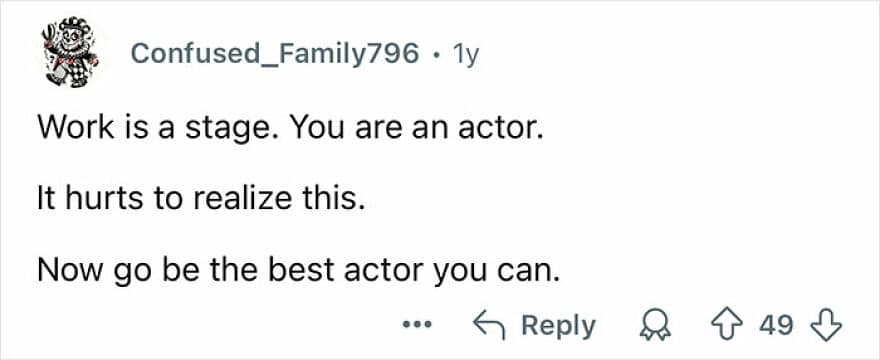
More specifically, data from MyPerfectResume shows that 46% of employees say workplace friendships directly increase collaboration, while 42% report they lead to higher job satisfaction, and 38% note a boost in productivity.
So, Escalera pointed out, workplace friendships are about more than just chit-chat. “They can improve how we work, how we feel, and how we grow in our careers,” she explained.
However, if you’re surrounded by people who irritate you, even the most exciting job can start to feel draining, and motivation can quickly fade.
#6

#7
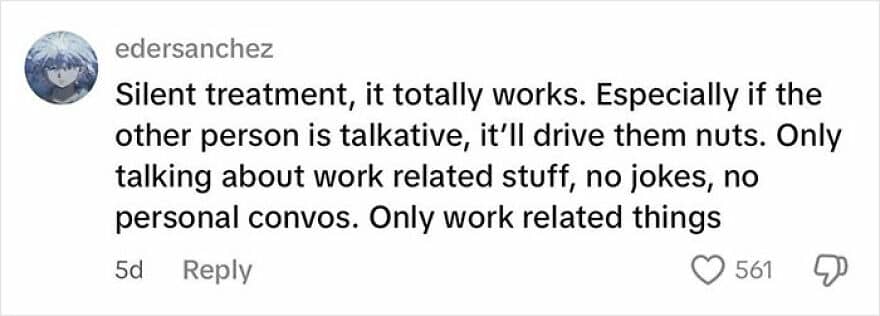
#8
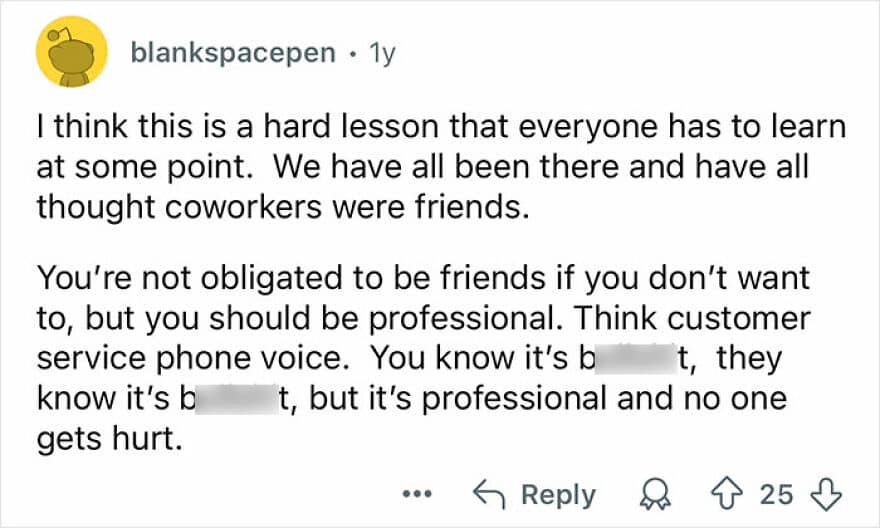
#9
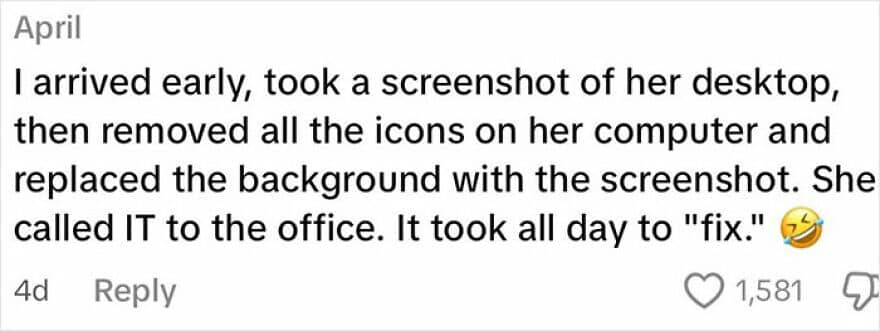
The survey by MyPerfectResume discovered that workplace relationships also present several challenges that can impact our everyday routines:
31% of workers say workplace friendships worsen their work-life balance;29% report decreased motivation;28% feel their job satisfaction decreases due to workplace friendships;25% feel personal ties compromise their decision-making;23% say workplace friendships have impacted their sense of belonging at work. #10

#11

#12
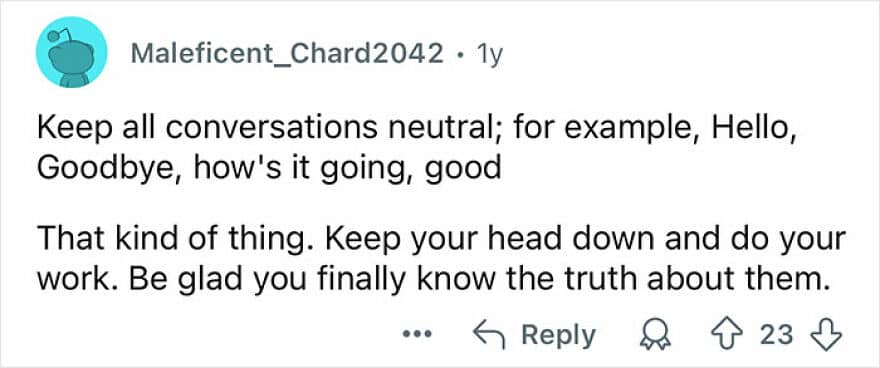
#13
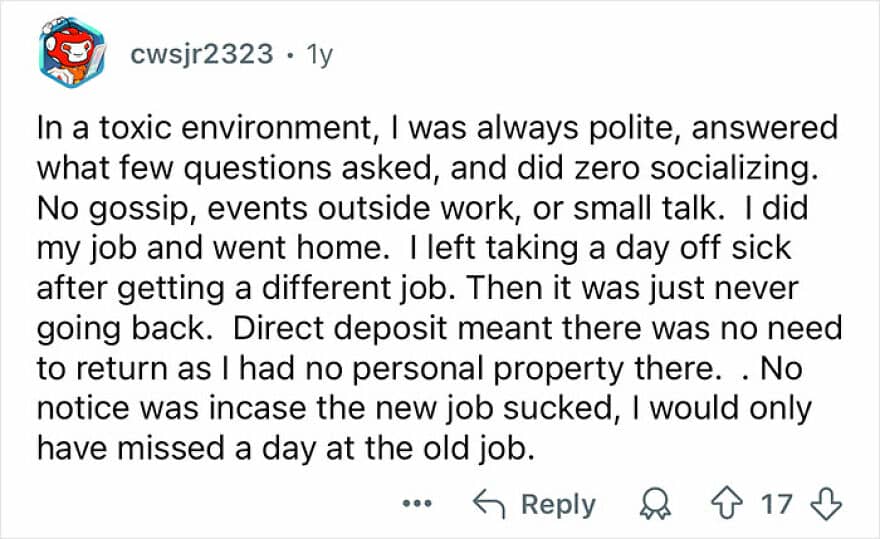
By far the most significant concern arising from these relationships is favoritism. It occurs when certain employees receive preferential treatment based on personal connections or biases rather than their job performance or merit.
Favoritism can create perceptions of inequality and erode trust among colleagues, negatively affecting team dynamics and morale.
MyPerfectResume found that 70% of workers frequently observe this issue, and only 1% of respondents reported never witnessing favoritism in their workplace.
#14
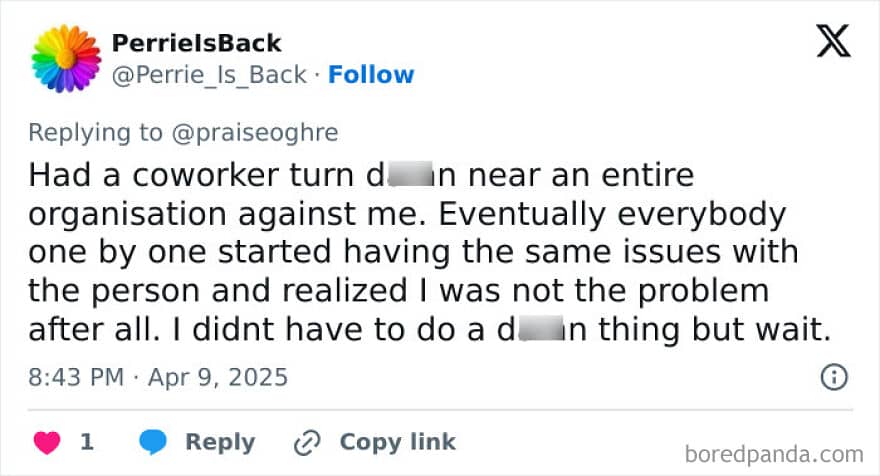
#15
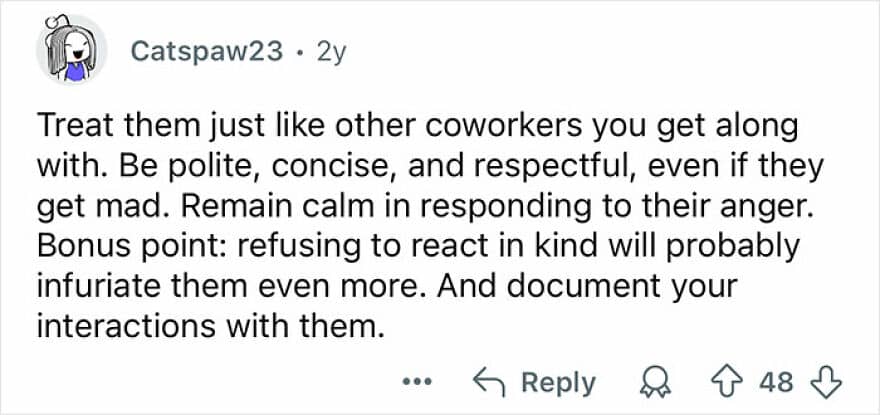
#16

#17
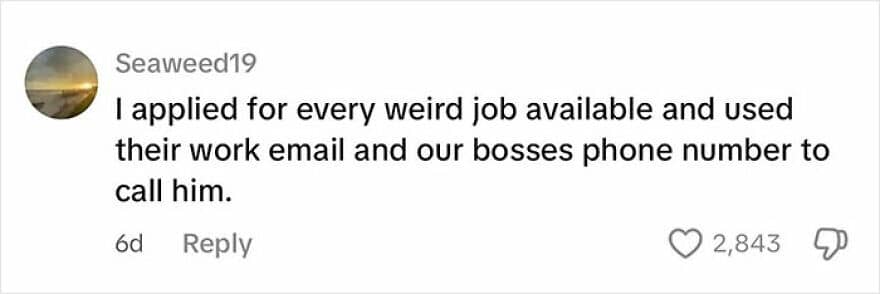
If you are unhappy with how things are going between you and your colleague but do not want to resort to tactics seen on this list, know that there are more constructive and respectful ways to address your problems. (Provided your coworkers are open to dialogue, of course!)
“Improving relationships with colleagues doesn’t mean becoming workplace besties. It’s about being intentional in how you communicate and connect with others,” career expert Jasmine Escalera said.
“Employees who want to build more meaningful relationships can start by checking in with colleagues about work tasks, offering support, and showing appreciation. A simple ‘Thank you’ can go a long way … These small, consistent actions generate trust and make colleagues feel seen, supported, and valued.”
#18
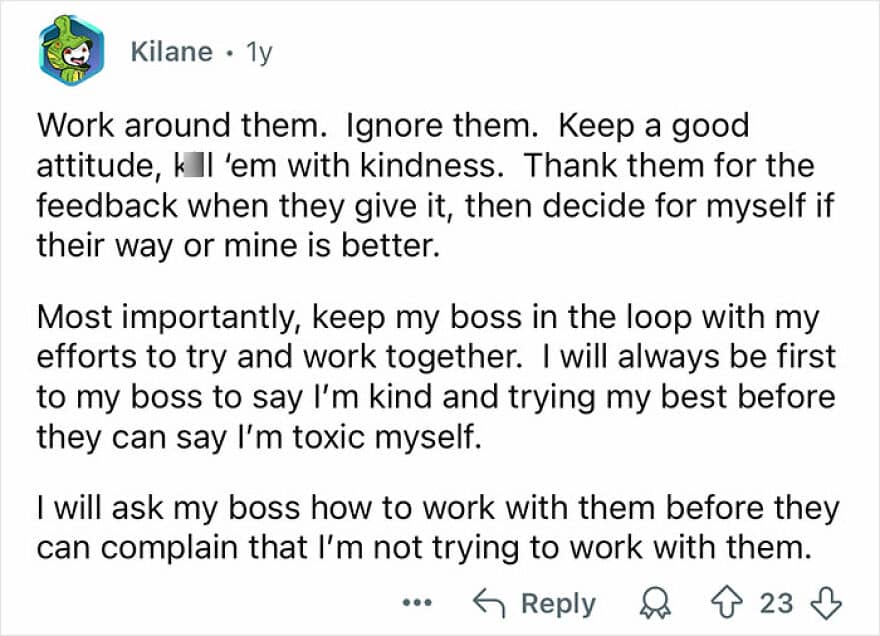
#19

#20

#21

Escalera said another powerful way to improve your work relationships is through collaboration. “Look for opportunities to partner with colleagues on projects or ask for their input. Doing so shows you respect their expertise and desire to work as a unified team,” she suggested.
“Employees can also ask colleagues for career advice to show they value their perspective and experience. This outreach can spark deeper conversations and lay the foundation for career-building relationships like mentorship and sponsorship.”
#22
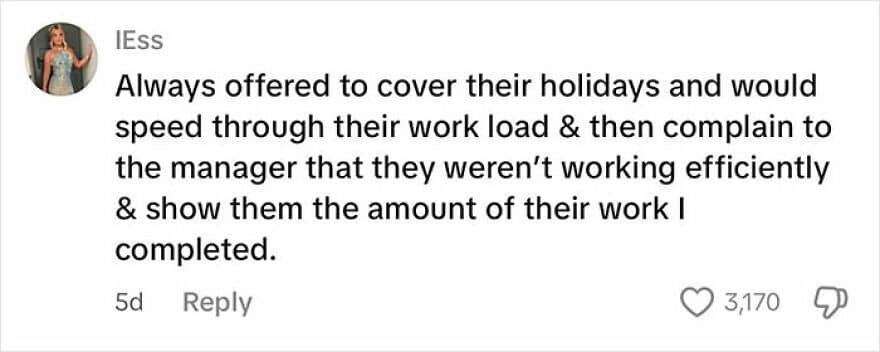
#23
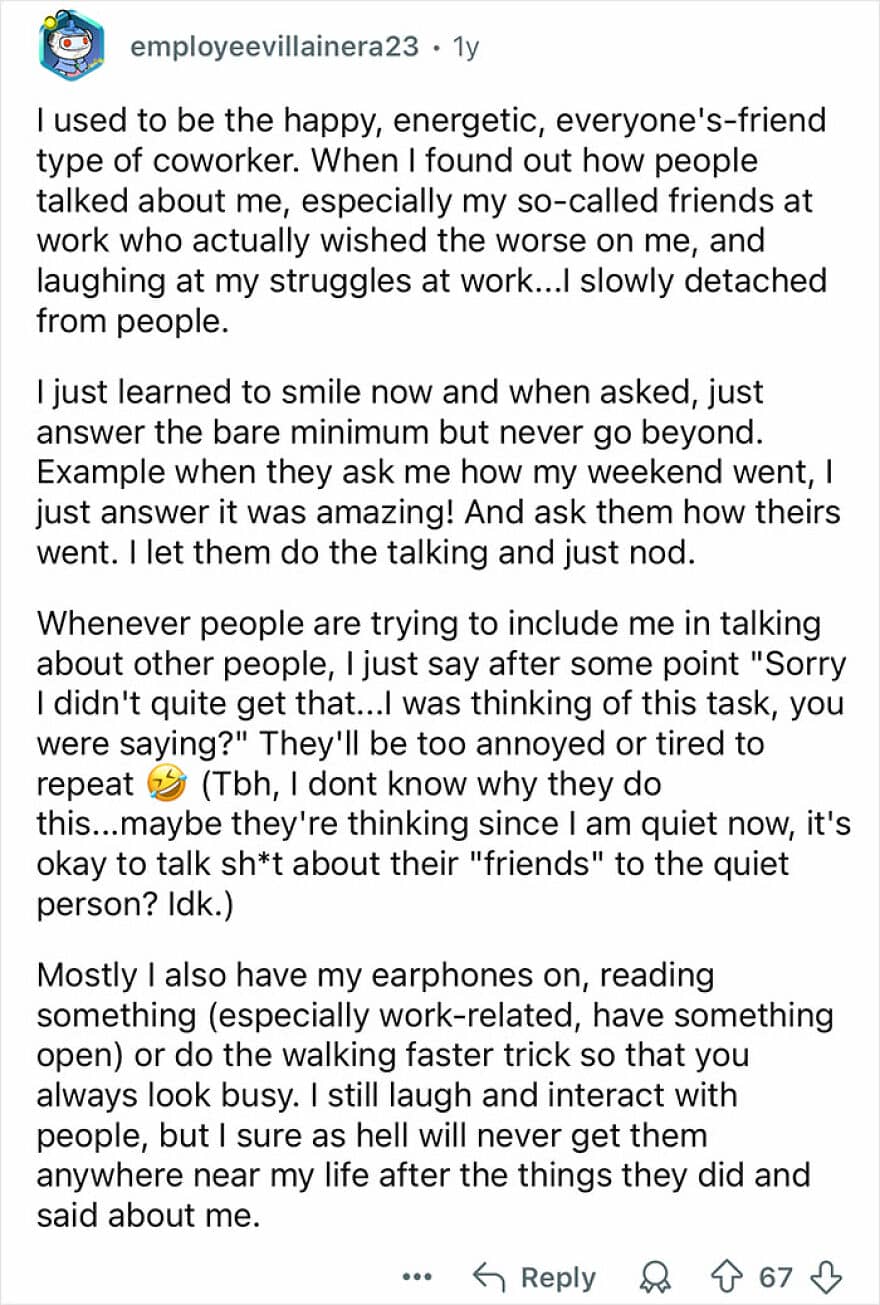
#24

#25
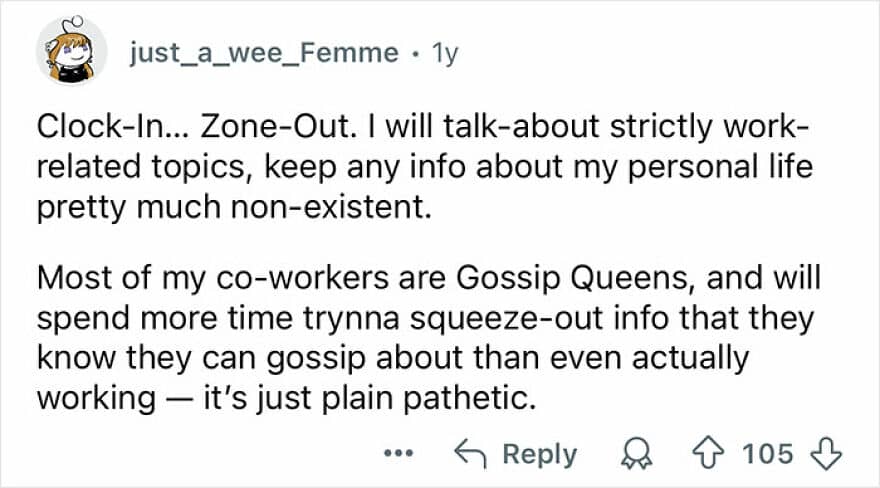
Even a simple conversation at the coffee machine can help you build rapport. Escalera said, “Great questions to ask colleagues to create meaningful relationships are ‘What helped you get to your current role?’ or ‘What advice would you give someone navigating a similar path?’ People are often pleased to share their journey to inspire someone else’s path.”
#26
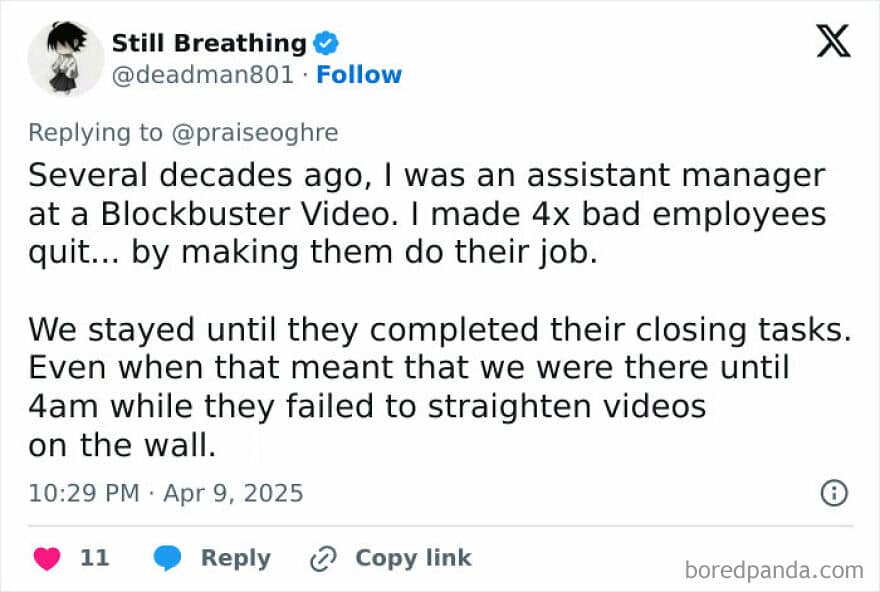
#27
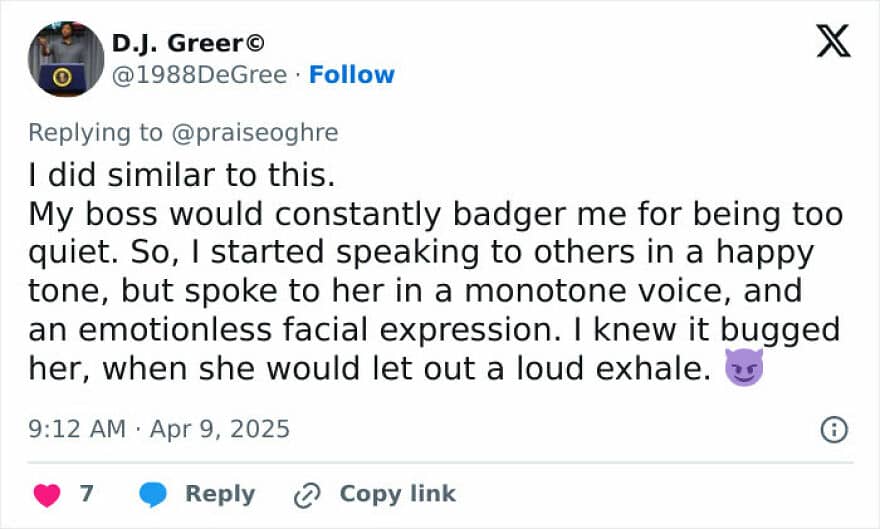
#28
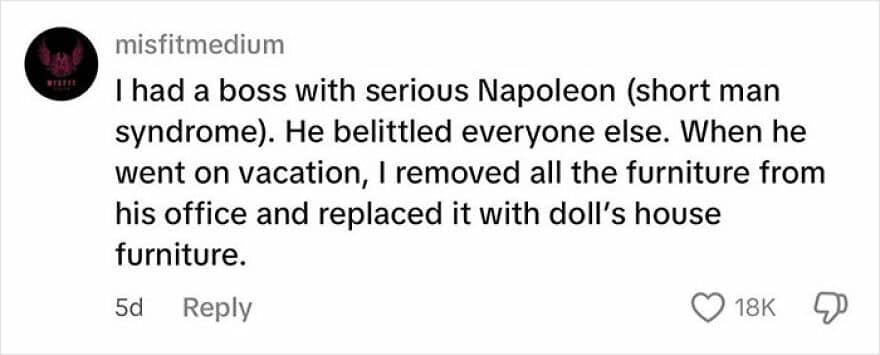
#29

#30

#31

#32
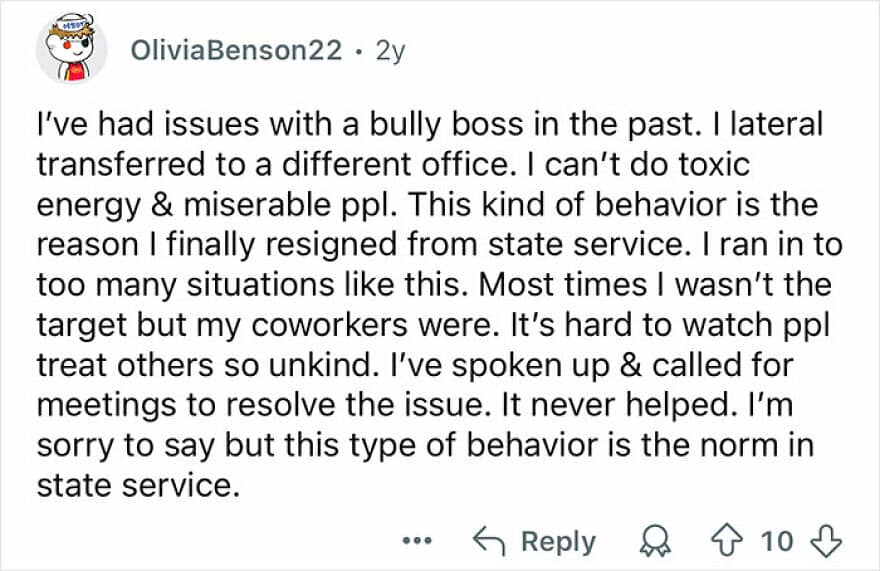
#33

#34
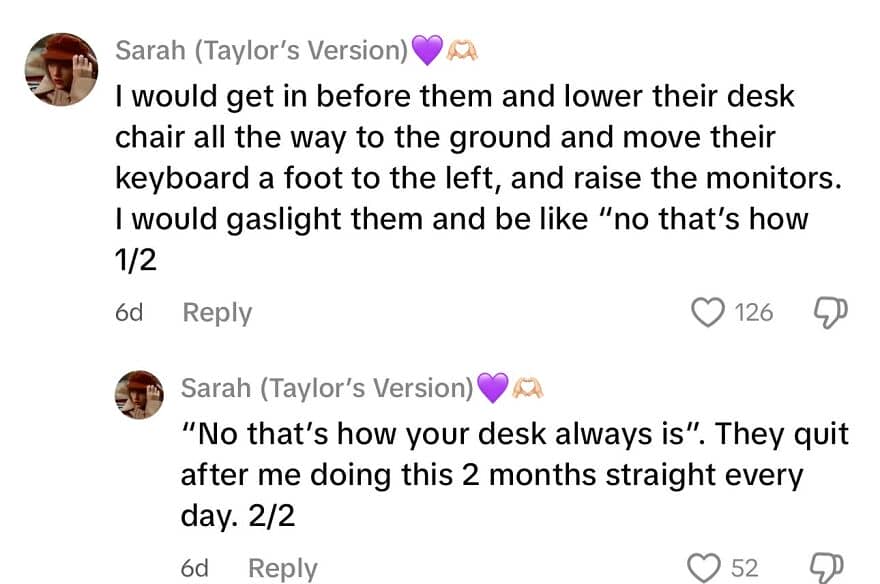
#35
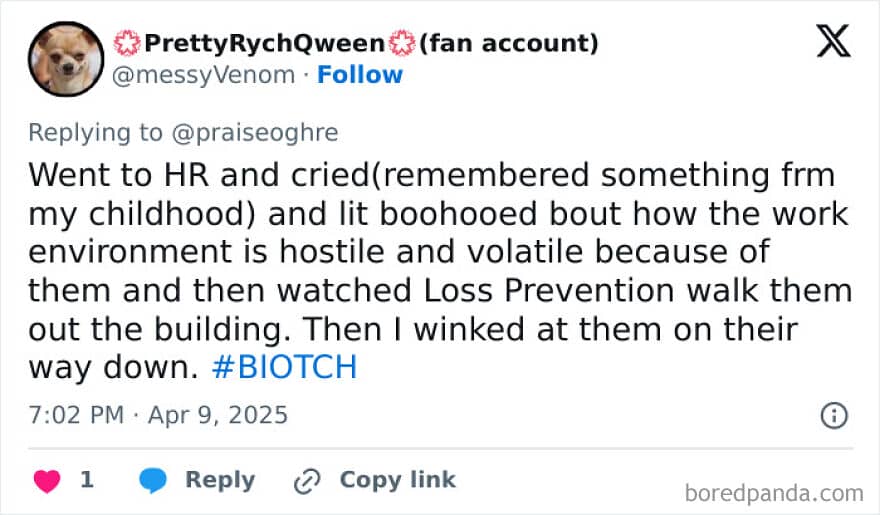
#36
